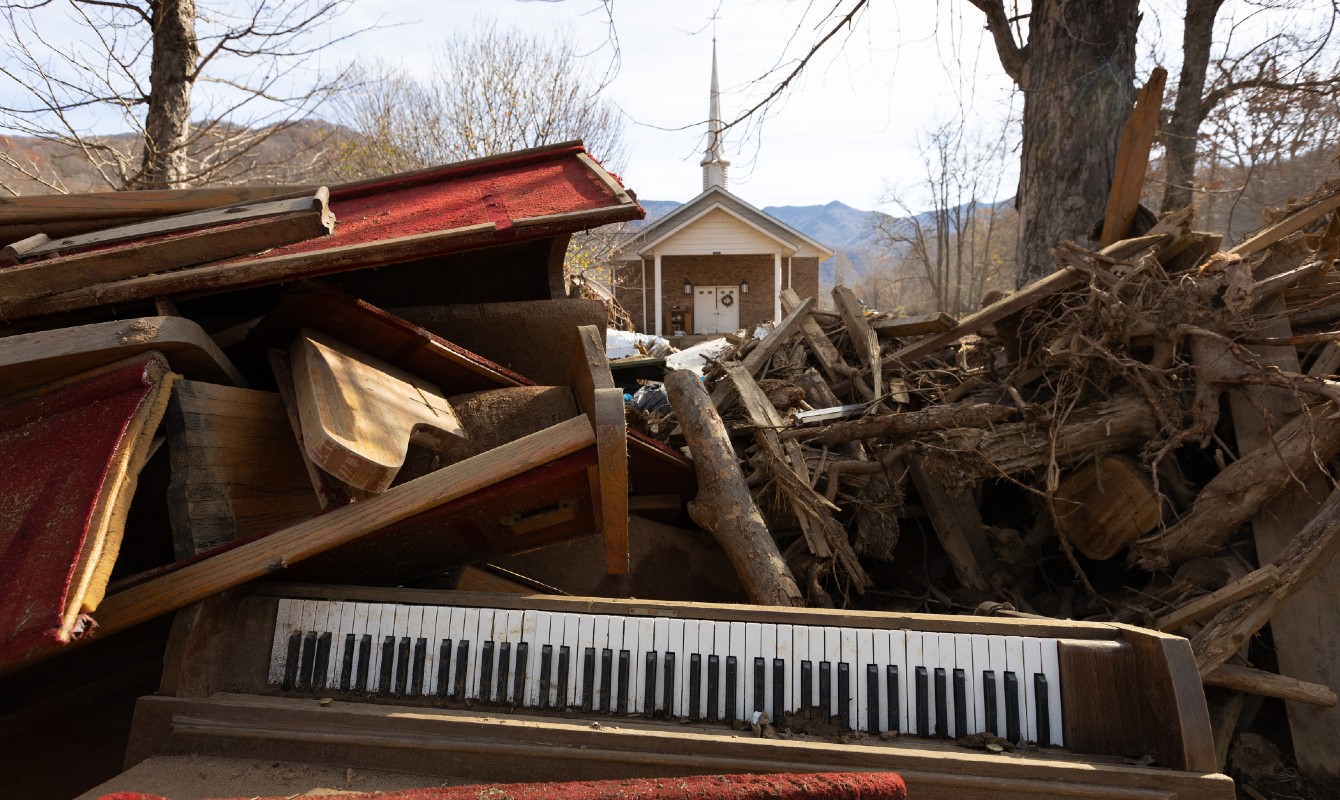
Ministry has a peculiar way of teaching us to hide our struggles behind our calling. We become experts at pastoral presence while our own souls grow weary. We preach about Sabbath while running on fumes. We counsel others toward wholeness while our own fractures deepen in the dark.
But here’s what many people have learned through their experience with struggle: the moment you realize you’re not doing well is sacred. It’s a moment of clarity, and clarity is the beginning of honesty. Honesty leads us one step closer to restoration.
The first thing is to recognize that what you feel is real. It is not a figment of your imagination. The exhaustion is real. The doubt is real. The grief, the anger, the numbness — all real. Ministry, as rewarding as it is, always needs more than you can give. There will always be another hospital visit, another crisis, another sermon. The work is infinite; you are not. This isn’t failure. This is reality.
So, what do you do? First, get clear about what only you can do and what simply needs doing. Most of what we carry doesn’t require us specifically. Delegation is wisdom. Also, reclaim practices that feed you rather than the ministry. Contemplate Scripture not for sermon content, but to feed your own hungry soul. You are not only a minister. You are also a child of God who needs shepherding. The care you long to give your congregation? You deserve it too. Trust God enough to believe that the ministry will survive your honesty. The question is whether you will survive without it.
Resources

A priest whose life has been shaped by suicide offers a book to help others
“Suicide and the Communion of Saints” offers theological and practical resources to help individuals and communities deal with suicide and its aftermath.
Q&A with Rhonda Mawhood Lee

We are not OK. Does it help to start saying so?
In casual conversation, I am now admitting not all is well, writes an editor of Faith & Leadership.
By Aleta Payne

How a clergy respite helped spiritual leaders weather the storm of Hurricane Helene
When Hurricane Helene devastated western North Carolina in 2024, pastors were on the front lines of the recovery efforts. A retreat offered by the United Methodist Church helped them rest and recover.
By Kenneth H. Carter Jr. and Kim Ingram

Why I turned my board room into a dojo
When a pastor created a space for embodied faith and tae kwon do in a campus church building, stressed-out students embraced the movement practices.
By Erica Liu

How to preach the good news when you are suffering
It’s difficult to preach a message of hope when you feel hopeless. But there are ways to revitalize your preaching while still being honest, says a pastor at Reservoir Church in Cambridge, Massachusetts.
By Lydia Shiu
Before you go
The lyrics of one of my favorite hymns, “It is Well with My Soul,” were written by Horatio Spafford. The words came to him after he experienced unimaginable pain. After losing his business in the Chicago fire of 1871, his four daughters died when a ship carrying them and his wife collided with another vessel. As much as I appreciate the song, I hope that Spafford found the space to truly grieve the losses in his life. Did he know it was OK to not be well?
Spafford’s suffering goes far beyond what most people have to endure. For lots of people, not doing well isn’t the result of catastrophe; sometimes it’s just the slow leak of vitality that leaves you functional but not fully alive. Thankfully, all is not lost. Not doing well can be an invitation to become more human, more dependent on grace and more real. It may not be the end of your calling, but the deepening of it.
You can always reach me and the Alban Weekly team at alban@duke.edu. Until next week, keep leading!

Prince R. Rivers
Editor, Alban at Duke Divinity
